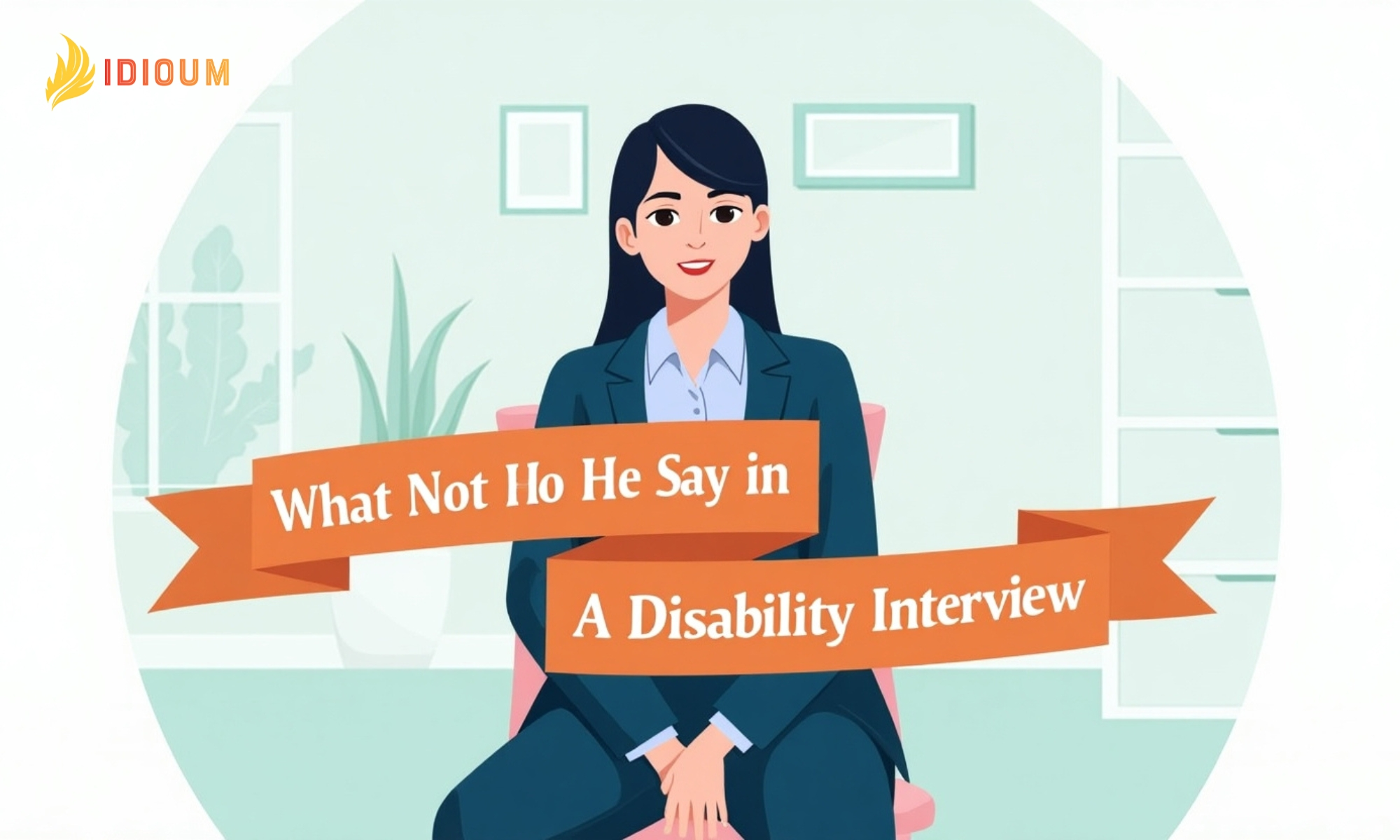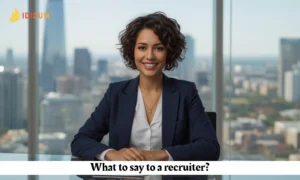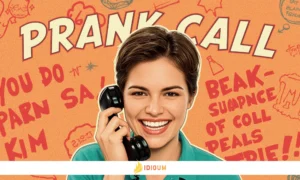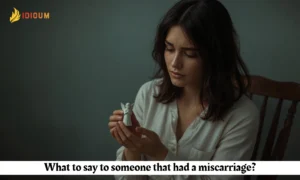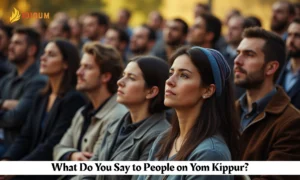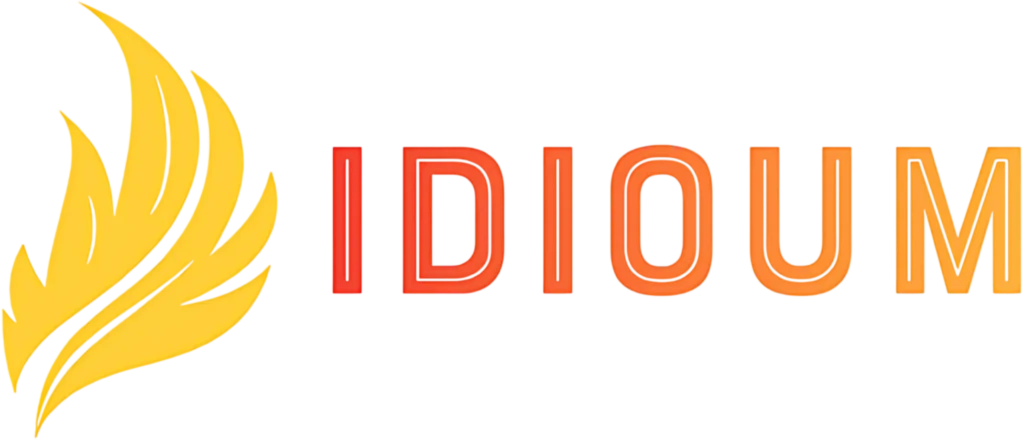Going to a disability interview can be nerve-wracking. You want to share your story honestly while also making sure you’re treated fairly.
But sometimes, saying the wrong thing even without meaning to can hurt your chances.
That’s why knowing what not to say in a disability interview is just as important as knowing what to say.
In this post, we’ll walk you through the phrases, comments, or attitudes to avoid.
Whether you’re applying for disability benefits or a job, these tips will help you feel more confident and prepared.
Remember, your words matter and so does your truth. Let’s make sure you’re heard the right way.
I’m not really that disabled
This may seem like a humble thing to say, but it can send the wrong message. Saying “I’m not that disabled” could make the interviewer think your condition isn’t serious.
👉 Example:
❌ What not to say: “I mean, I have some bad days, but most of the time I’m fine.”
✅ Better to say: “Some days are better than others, but my condition affects me every day, especially with [example: walking, concentration, etc.].”
Being honest about your limitations isn’t weakness, it’s clarity.
I could work if I really wanted to
This sounds like you’re admitting your disability doesn’t stop you from working. If you’re applying for benefits or workplace accommodation, this can work against you.
👉 Real-life scenario: A person applying for Social Security disability might casually say this to show they’re not lazy. But it can backfire.
✅ Instead, explain the facts: “I want to work, but my condition makes it very difficult or impossible right now.”
Your goal is to share how your disability impacts your life without minimizing it.
My doctor doesn’t really believe me either
Even if you’re frustrated with your doctor, avoid sharing that in your interview. It can make your case look weak or unclear.
👉 Example:
❌ Wrong: “Yeah, even my doctor doesn’t think it’s a big deal.”
✅ Better: “I’ve had some difficulty finding the right diagnosis, but I have records that show my condition and treatment.”
Stick to the facts, and focus on what supports your case not doubts.
I just want to get this over with
This might seem like small talk, but it can sound like you’re not serious. Disability interviews are legal or medical processes, and the interviewer needs to know you’re engaged.
✅ Instead, show that you understand the process and are willing to help.
Try: “I’m ready to answer questions honestly and provide anything you need.”
Your attitude shows respect for the process and for yourself.
I read online that I should say…
Interviewers want your true experience not advice from the internet. Mentioning what you’ve read online can make it seem like your answers are scripted.
👉 Example:
❌ Don’t say: “I saw on Reddit that people say this gets approved faster.”
✅ Do say: “Here’s what I experience daily because of my condition…”
Being authentic and personal makes your case stronger.
I don’t need help, I’ve been dealing with it alone
We all want to be strong. But if you’re applying for help, saying you’ve managed without it might confuse the interviewer.
✅ Instead, say something like: “I’ve tried to manage on my own, but now I need support because my condition has worsened.”
Being open about needing help shows strength not weakness.
Final Thoughts
Knowing what not to say in a disability interview can make all the difference. Avoiding the wrong phrases helps you stay focused, honest, and clear.
Remember, your story matters. Be real, be respectful, and be prepared and you’ll be one step closer to getting the support you need.
